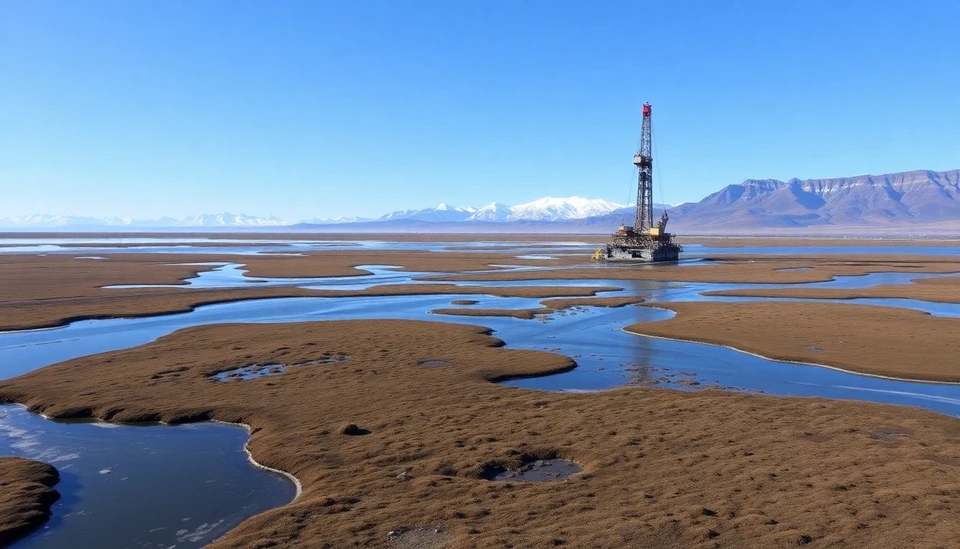
In a surprising turn of events, major oil companies have opted to refrain from bidding on drilling rights in Alaska's Arctic National Wildlife Refuge (ANWR), an area long regarded as one of the most controversial and environmentally sensitive regions in the United States. This decision is particularly striking given the historical allure of the ANWR, which has been targeted by various administrations for its potential oil reserves.
The U.S. government held an auction on January 6, 2025, for oil and gas drilling rights, hoping to attract interest from various players in the energy sector. Instead, the auction concluded with a complete lack of bids, marking a significant pause in the oil and gas industry’s ongoing quest to tap into the fossil fuel-rich lands of Alaska. Experts had anticipated at least some interest despite the prevailing economic and regulatory challenges.
Environmental groups and activists have long campaigned against drilling in the ANWR, arguing that its delicate ecosystem is too vulnerable to sustain the impacts of industrial activity. The current results of the auction seem to echo these sentiments, indicating a shift in focus among oil companies who may be reconsidering expansion in environmentally sensitive regions amid increasing scrutiny over the environmental impacts of fossil fuels.
While factors such as fluctuating oil prices and changing market dynamics could explain the silence from oil companies, the broader context of climate change discussions and renewed interest in renewable energy sources play a pivotal role in shaping company strategies. As global leaders pivot towards more sustainable energy solutions, the appeal of drilling in such an ecologically sensitive area appears to be diminishing.
The lack of bidding could also hint at a growing trend where oil and gas companies are hesitating to invest heavily in new projects that face significant environmental regulations and local opposition. With many firms now prioritizing sustainability and greater corporate responsibility, the future of drilling projects like those proposed in ANWR could be in jeopardy.
This recent development highlights a possible transformation within the industry and raises questions about the long-term viability of fossil fuel projects as a whole. As companies reassess their strategies in light of economic pressures and the changing landscape of energy consumption, additional regulatory hurdles certainly play a role in influencing investment decisions.
While the absence of bids may signal a temporary pause in interest, the energy sector remains dynamic. Market conditions can change rapidly, potentially leading to a renewed interest in exploration and extraction in the future. Until then, the fate of the Arctic National Wildlife Refuge remains uncertain, continuing to be a focal point for environmental activism and policy debate.
As the dust settles on this auction, it is clear that the conversation about drilling in the Arctic will continue, with implications that stretch far beyond economic interests, encompassing environmental stewardship and the global shift towards sustainable energy sources. This auction's results may very well indicate a pivotal moment in how the oil and gas industry views its operational landscape moving forward.
#ArcticRefuge #OilBids #EnvironmentalImpact #FossilFuels #ClimateChange #SustainableEnergy #ANWR #EnergySector
Author: Megan Clarke
